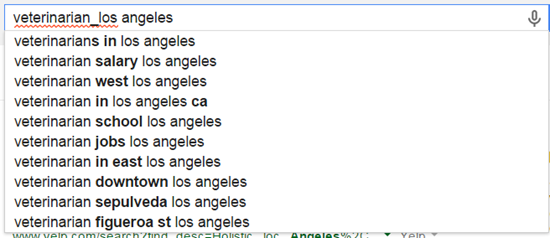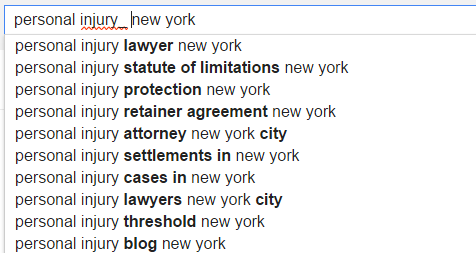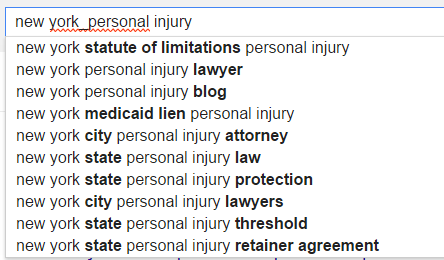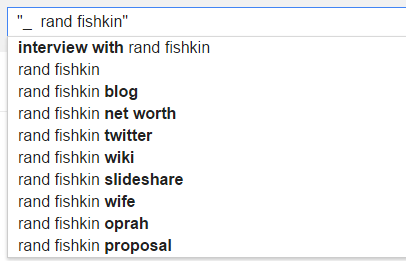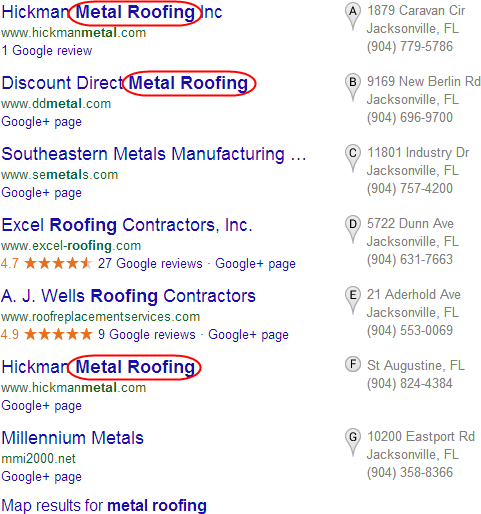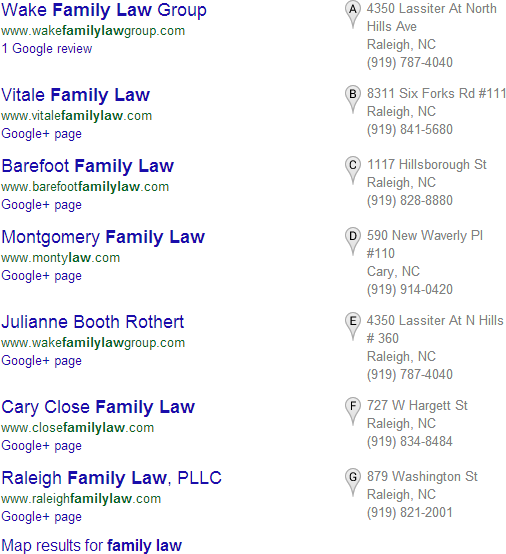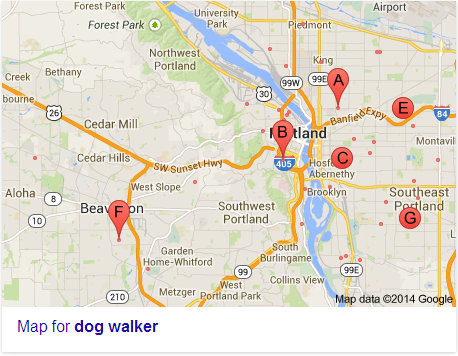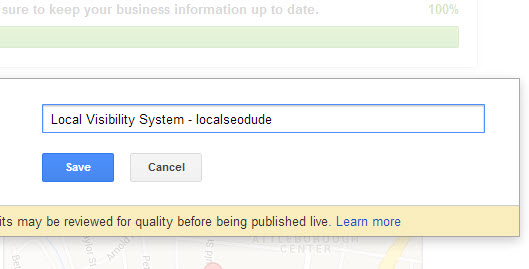You’re considering a change of one size or another to the name your business, in the name of better local rankings. The basic plan is to get a “keyword” and city or other place name into your name.
To make that change you might feel the need to keyword-stuff your Google My Business name, to use a fake name on your Google My Business page, to register a “doing business as” (DBA), to rename your business entirely, or to name your new business with local SEO in mind from the get-go.

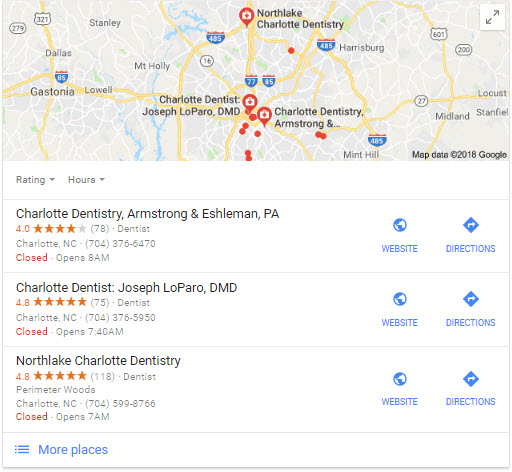
The first two options aren’t wise, and the others may be wise. Depends on your situation and on how you’ve weighed the pros and cons. Here are the pros and cons you’ll want to weigh before you mess with your name:
Pros of a generic, “local-SEO-friendly” name:
- You may rank for that search term (and maybe similar terms) more easily and quickly. The name of your Google My Business page affects your Maps rankings more than it should – partly because Google often isn’t good at telling brand-name searches from broader searches. Your name also matters to your organic and non-Google rankings, to a lesser extent.
- More-relevant anchor text in links. Any time the text of a link to your site is the name of your business, the link will contain a “keyword” and maybe your city naturally. You won’t need to resort to shenanigans.
- Some customers’ reviews will contain that search-engine-friendly name. The content of reviews can help your visibility, in my experience.
- For some search terms you might be the only business that appears on the local map (in a “local one-box” result, as it’s called).
- Maybe you just can’t think of a good name.
Cons of a generic, “local-SEO-friendly” name:
- It’s easy for your competitors to do the same. Most will not bother or simply will keyword-stuff their names but it may take only a couple of like-minded competitors to end your fiesta. Easy come, easy go.
- You may get competitors’ bad reviews. Their angry customers may confuse you with your competitors.
- Competitors may get your good reviews. Your customers can get their wires crossed, too.
- In general, more people may think you and your competitors belong to the same organization (maybe you’re part of a chain). That can lead to confusing phone calls, annoying emails, mixed-up coupons, bad press, and more.
- You may be mistaken easily for spam. Competitors and do-gooders may submit Google Maps edits to your name. Don’t assume Google will make the right call on whether to apply those edits.
- You may be pigeonholed. Maybe you want to rank for other search terms and in other cities. Then you’ll be at a crossroads as to how to do that.
- Citation audits may be tougher. You (or a third party you work with) may find listings that aren’t yours, and miss listings that do belong to your business.
- Google may have a harder time identifying searches specifically meant for your business – AKA brand-name searches. Because of your generic, broad name, Google likely will hedge its search results with businesses other than yours, just in case the person wasn’t searching for your business. When in doubt Google includes junk.
- You probably can’t trademark your name.
- You miss out on the benefits of having a sticky, memorable name.
—
How has the name of your business helped (or hurt) you?
To what extent did you think about the search-engine-friendliness before picking it?
If you had to do it all over again, what would you do differently?
Leave a comment!




